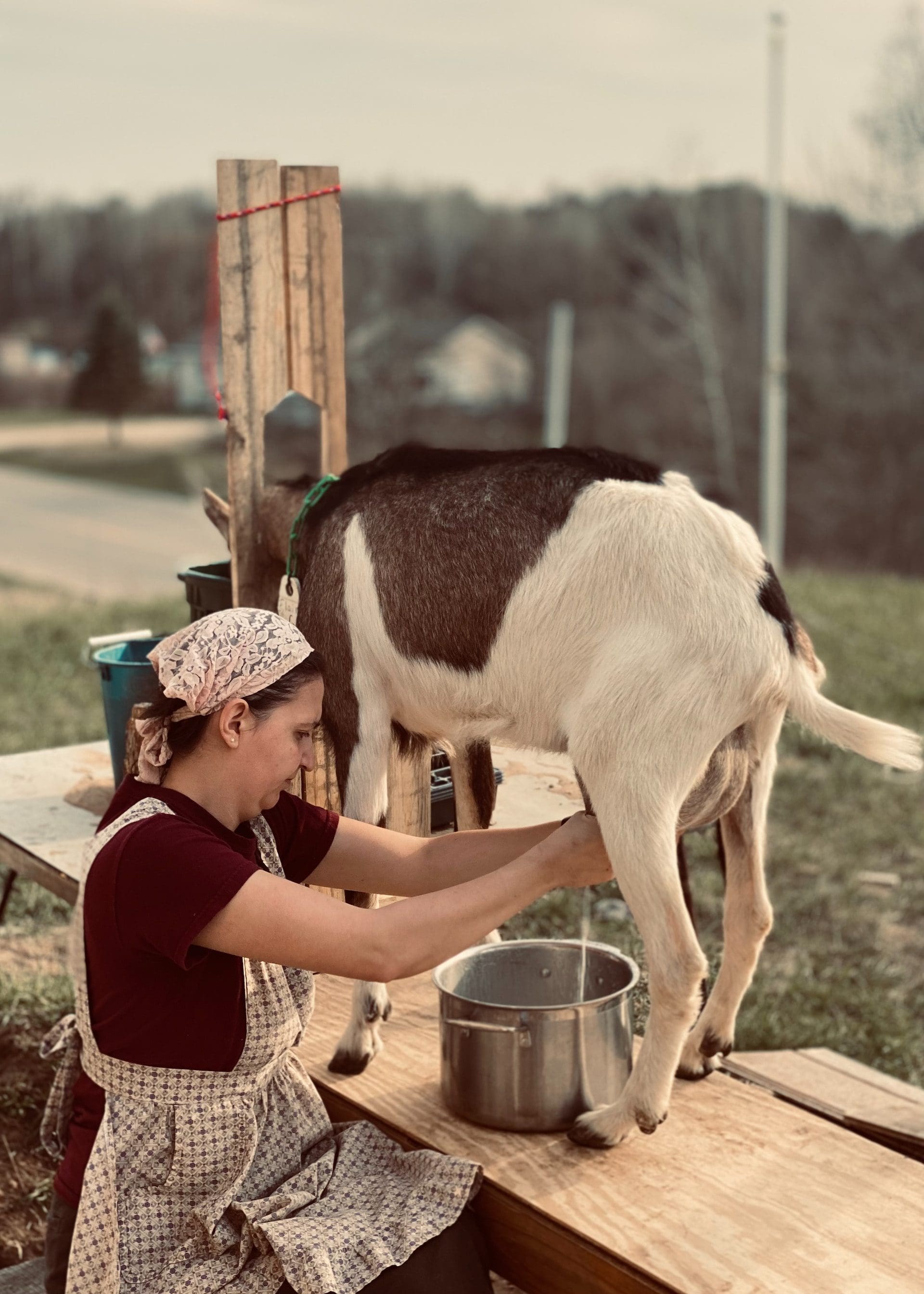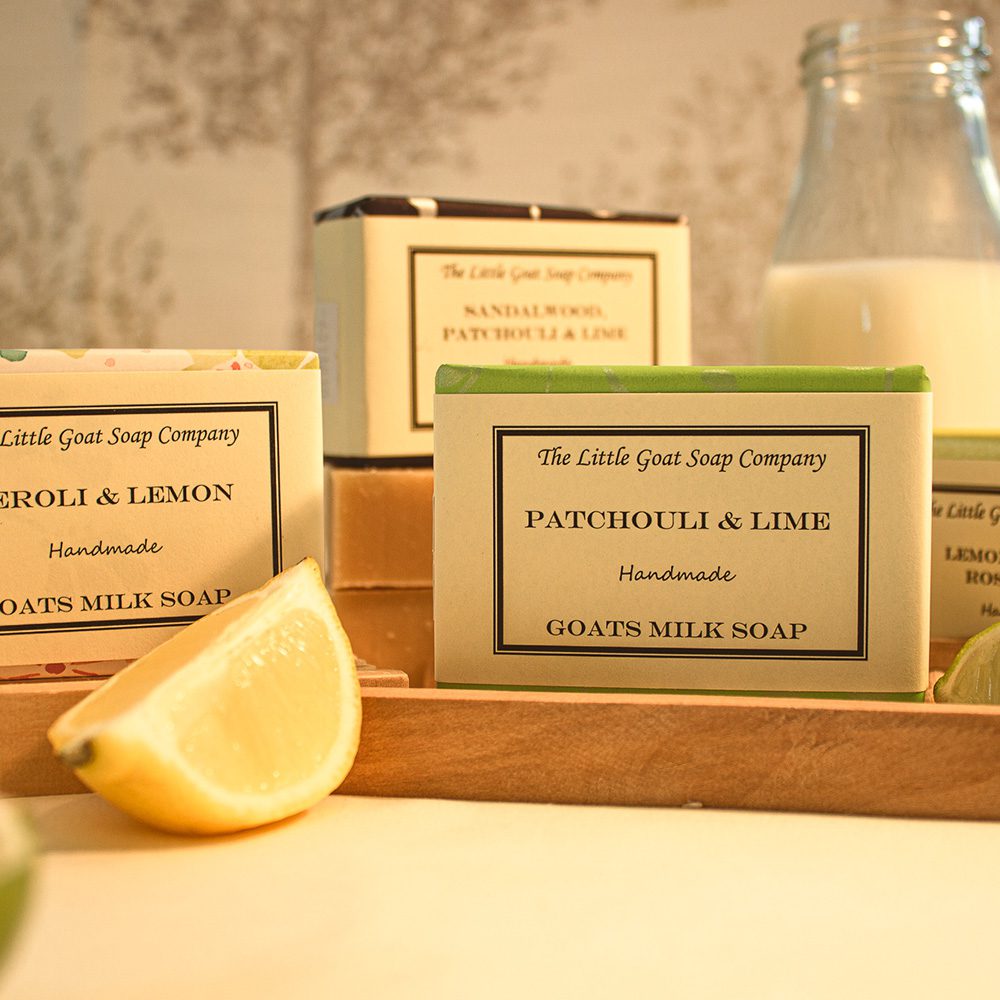


Goat's milk is a nutritional powerhouse, packed with essential vitamins, minerals, and proteins. Its composition is similar to that of human milk, making it easier to digest for many individuals. In the culinary world, goat's milk serves as an excellent ingredient for a plethora of dishes. It can be used to make delectable cheeses, creamy yogurts, and mouthwatering desserts like ice cream and custards. The unique flavor of goat's milk adds a distinctive touch to recipes, making it a favorite among chefs and food enthusiasts.
Goat's milk has been a secret ingredient in beauty and skincare routines for centuries. Its natural moisturizing properties make it an excellent choice for nourishing and hydrating the skin. Goat's milk-based soaps, lotions, and creams have gained popularity for their ability to soothe dry and sensitive skin, providing relief from irritation and inflammation. The lactic acid present in goat's milk gently exfoliates the skin, promoting a smoother and more radiant complexion. With its abundance of vitamins and minerals, goat's milk helps rejuvenate the skin and reduce the appearance of fine lines and wrinkles.

In various cultures around the world, goat's milk has been utilized for its medicinal properties. It is believed to possess antibacterial and antimicrobial qualities, making it beneficial for combating infections and promoting wound healing. Goat's milk is also considered to be a natural remedy for digestive issues, such as stomach ulcers and gastritis. Some traditional medicine practitioners even recommend goat's milk as a remedy for respiratory conditions and allergies. While scientific research is ongoing to validate these claims, the historical use of goat's milk in traditional medicine highlights its potential health benefits.
Beyond its culinary and beauty applications, goat's milk finds its way into household chores and cleaning routines. The natural acidity of goat's milk makes it an effective ingredient for removing stains and odors. It can be used as a natural alternative to commercial cleaning products, providing a gentle yet powerful solution for everyday cleaning needs. From laundry detergents to dishwashing soaps, goat's milk adds a touch of eco-friendliness to household cleaning routines.
Goat's milk truly shines as a versatile ingredient with a multitude of uses. From enriching our taste buds with culinary delights to nourishing our skin and providing potential health benefits, goat's milk continues to be a source of fascination. Whether it's in the form of a delicious cheese or a luxurious skincare product, goat's milk offers a unique experience that captivates our senses. So, embrace the diverse uses of goat's milk and discover the wonders it can bring to your life.
A: Some individuals with lactose intolerance find goat's milk easier to digest compared to cow's milk. However, it's essential to consult with a healthcare professional for personalized advice.
A: No, goat's milk is an animal-derived product and is not considered vegan-friendly.
A: While goat's milk-based skincare products are generally safe for use, it's advisable to perform a patch test before applying them to larger areas of the skin, especially if you have known allergies or sensitivities.
A: Yes, goat's milk can often be substituted for cow's milk in recipes. However, it's important to consider the slightly different flavor profile and adjust accordingly.
A: Goat's milk is known for being easier to digest and containing slightly different proteins compared to cow's milk. However, both types of milk offer their unique nutritional benefits.
Please note that the information provided is for informational purposes only and should not be considered medical or dietary advice. Consult with a healthcare professional or nutritionist for personalized guidance.